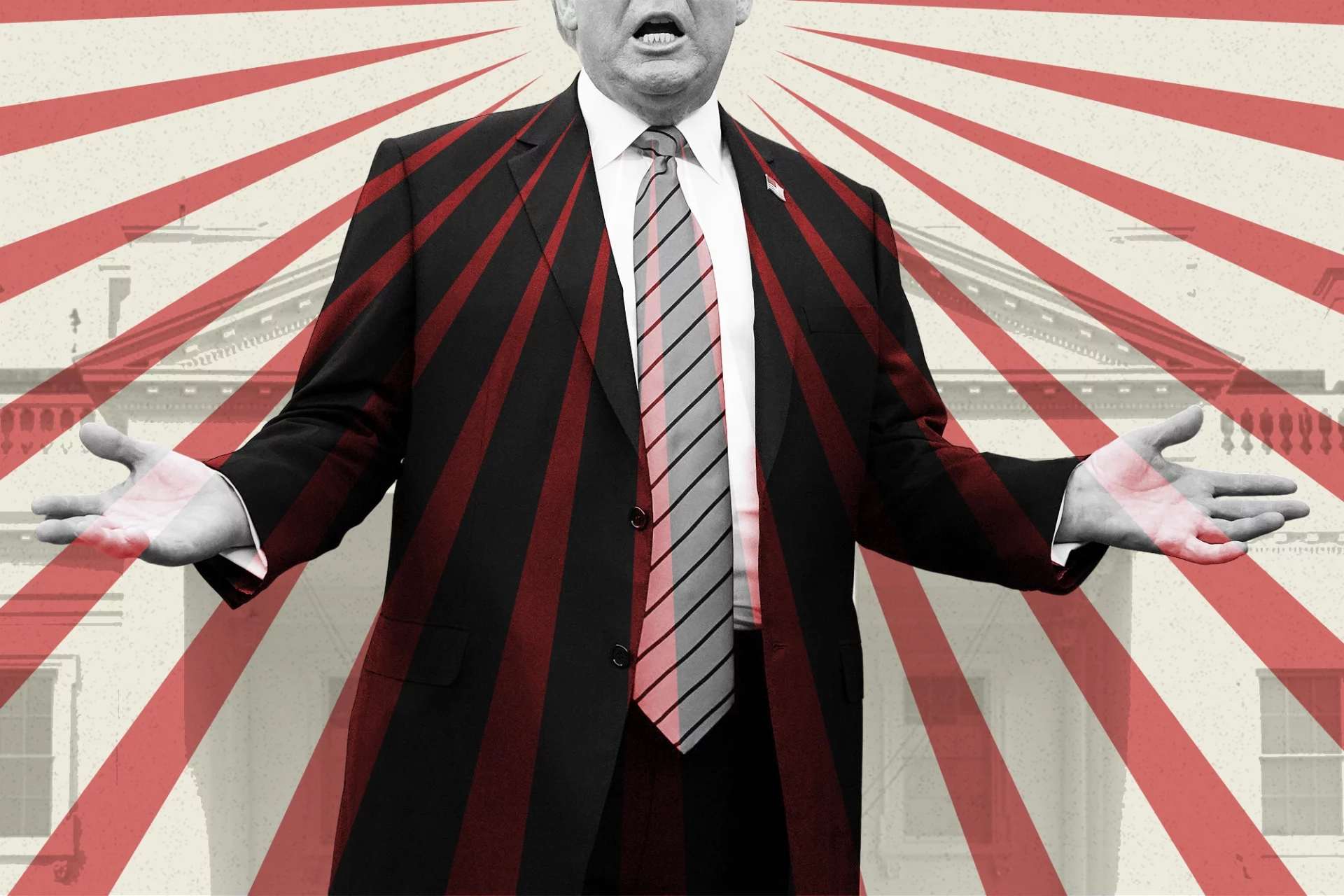There are no good solutions — but some are better than others.
The Trump administration has been flailing as it struggles to contain the fallout from its handling of the so-called Epstein files. Is there a way out?
Even on an overseas trip, President Donald Trump couldn’t escape persistent queries from the press about his relationship with the late convicted sex offender Jeffrey Epstein. Some of those answers — like Trump’s statement on Tuesday that he cut ties with Epstein because the predator hired young women away from Trump’s Mar-a-Lago spa — raise more questions.
Lawmakers on both sides of the aisle aren’t letting go either. Speaker Mike Johnson shut the chamber down in an effort to halt a minor revolt among his members and avoid uncomfortable votes on Epstein-related measures, but that may only have prolonged the GOP’s discomfort until September, when the House returns.
Public polls indicate that roughly 60 percent of the American public disapprove of Trump’s handling of the situation. A paltry 16 percent approve, according to a Washington Post poll released this week.
Meanwhile, the administration’s latest gambit — engaging with Ghislaine Maxwell — is getting messier. Maxwell, the only person convicted in the underlying scheme since Epstein died, has started making demands as a condition for giving testimony before the House Oversight Committee. (This is what happens when you give a criminal like Maxwell leverage: They try to use it.) The committee has declined to give Maxwell congressional immunity, but negotiations over the terms of a deposition are apparently ongoing.
The Justice Department and House Republicans could have avoided the embarrassment of publicly negotiating with a convicted child sex trafficker and confirmed liar, but Maxwell’s involvement is now dangling until who knows when. Deputy Attorney General Todd Blanche, who apparently thought it was a good idea to spend two days interviewing her, has promised to “share additional information about what we learned at the appropriate time.”

